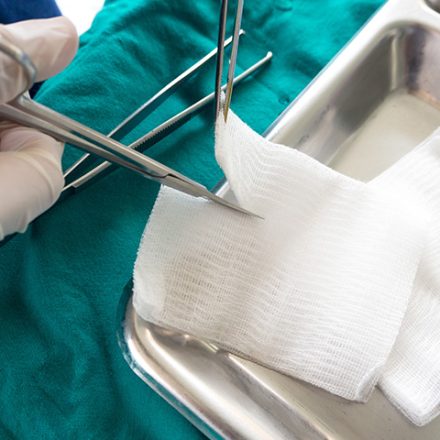Common Causes of Burn Injuries and How to Cope
Serious burn injuries can cause long lasting problems, both physically and psychologically. Burn injuries can be caused in various ways including the following:
- by heat or an open flame;
- by cold conditions;
- electricity;
- chemicals and radiation;
- sunlight;
- hot liquids and steam.
Most serious burn injury claims we deal with take place at a workplace or involve road traffic accidents. Unfortunately, such injuries can also take place in schools, colleges and other public places.

What do I do if I have a serious burn injury?
Some minor burns can be treated at home and usually heal within a few weeks. If treating a burn at home, please ensure you do the following:
- Cool the burn. Hold the burned area under cool running water and apply a cool, wet compress. Do not use ice.
- Do not break blisters. Fluid filled blisters protect against infection. If a blister breaks, clean the area with water and apply an antiseptic ointment.
- Once the burn is completely cooled, apply a lotion that may contain moisturiser or aloe vera.
- Bandage the burn with a sterile gauze and wrap it loosely to reduce pain and protect blistered skin.
- Take pain relief such as over the counter medications.
If, however, you suffer from a serious burn injury, you should seek medical attention immediately. It is recommended that you visit A&E for chemical and electrical burns, however large or deep they are, and especially if they cause blisters. A doctor will assess the severity of your burn by examining the skin, and he or she may recommend that you be transferred to a burns centre.

What might my treatment / medication be?
Most burns are treated by applying initial first aid and wound assessment and thereafter may involve medications, wound dressings, therapy and surgery. The goals of the treatment are to control pain, prevent infection, reduce scarring and regain function. Such treatment and medications may include the following:
- water-based treatment such as ultrasound mist therapy to clean and stimulate the wound tissue;
- fluids to prevent dehydration;
- pain and anxiety medications;
- burn creams and ointments and dressings;
- medication that fights infection.
If the burned area is large, you may undergo some physical and occupational therapy to assist in helping the flexibility of the skin and joints and improve muscle strength and co-ordination.
Coping and Support
Coping with a serious burn injury can be a challenge. Potential scarring, reduced mobility, and possible surgery add to the burden.
You should consider joining a support group of other people who have had serious burns and know what you are going through. You may find comfort in sharing your experience and struggles and meeting people who have faced similar challenges. Ask your GP for information on support groups in your area or online.
We are able to provide you with rehabilitation to assist you in both the physical and psychological aftereffects of suffering a serious burn injury. If you are involved in an accident and suffer a burn injury, please contact Bradley Wright on Bradley.Wright@edslaw.co.uk or call us on 020 8514 9000.
